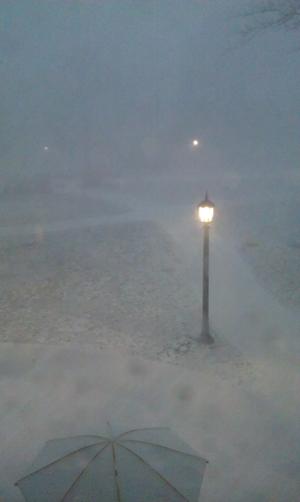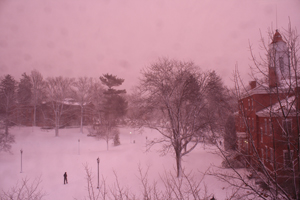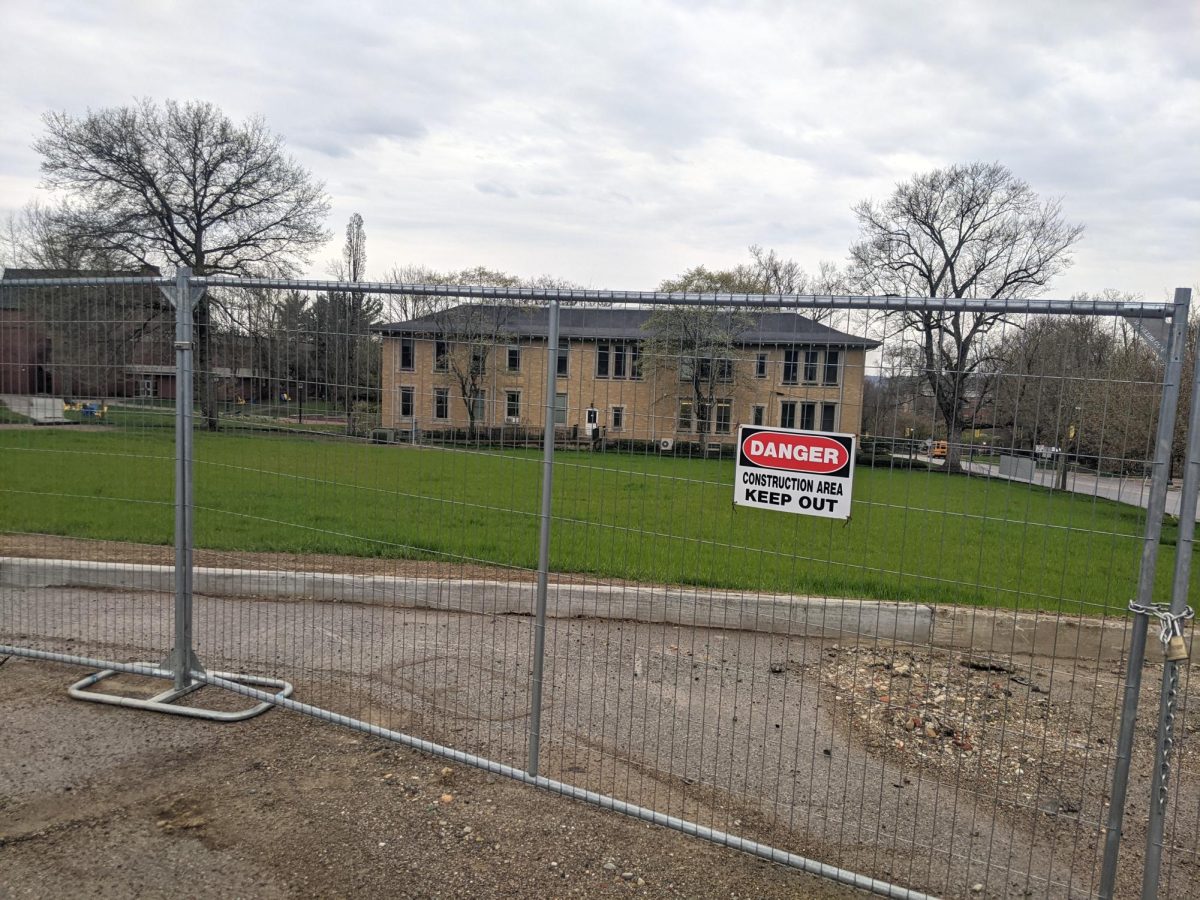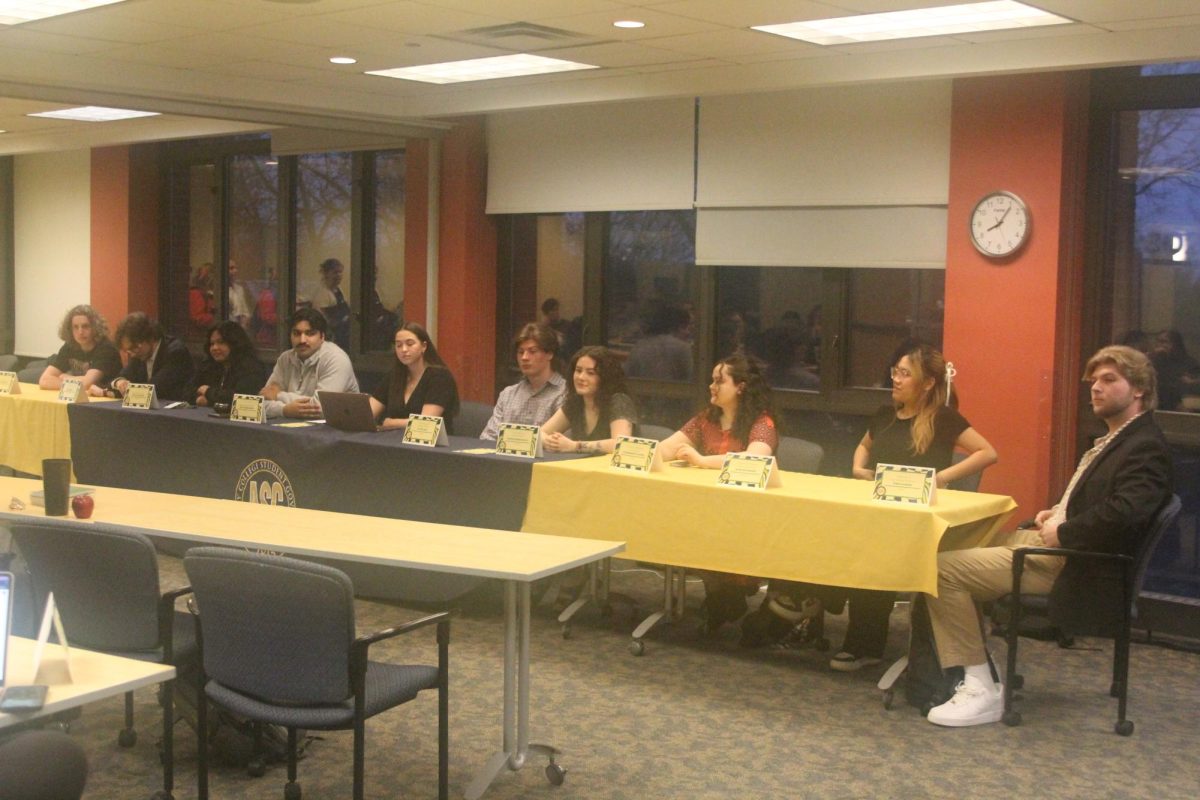By RACHEL GIESEL
Staff Writer
[email protected]

Director of Physical Plant Cliff Willis said he has a staff of 34 people, including administrative workers, who maintain 20 acres of parking lots, 10 miles of sidewalks and over 500 steps, by hand. With a small staff and a large area to cover, the focus of what areas need to be taken care of first depends on anticipated traffic volume.
“Typically what we do is when there’s a heavy snowstorm is we’ll start mobilizing at about four in the morning with the goal of getting sidewalks as clean as possible before classes start,” Willis said. “So we try to get in and hit parking lots and major walkways, then we’ll go to the less traveled walkways.”
Willis said he mobilizes his workforce in preparation for activities such as major events or admissions weekends as necessary. If a major snowstorm hits without being forecasted, they rely on Safety and Security to report unsafe walkways.
Freshman Amanda Geary said that she had an unreported accident where she slipped on ice and hit her head on concrete.
“My feet slid out from under me and I smacked my head on the pavement,” Geary said.
Director of Safety and Security Jeff Schneider said his office is usually the first to receive the call about an accident related to treacherous weather conditions. In the case of an accident, Schneider immediately notifies Physical Plant, the Safety Committee, and Winslow Health Center if any individual is injured.

“As long as we could maintain that these are our records, we’ve maintained these sidewalks and such and these buildings, and we can show that we’ve done everything that’s expected of us, then dependent on the inclement weather, I think we’re good to go,” Schneider said.
Willis said that his staff attempts to maintain accident prone areas as much as possible to prevent future incidents.
“There are places on campus that we know are typical problems so we pay attention to those areas and give them extra attention,” Willis said. “[When an accident is reported,] we’ll check out the situation and see what it is and see if we can prevent it from happening again. Sometimes it’s just an odd situation.”
In addition to working to keep pathways clear, Willis said his staff implemented new methods to help removal this year. The physical plant now uses salt brine in liquid form as a pre-treatment.
Willis said that when a storm is forecasted Physical Plant pre-treats everything, making it much easier to later remove the snow and ice.
In addition to the use of salt brine, instead of using sodium chloride, or salt, as they’ve done in previous years, the physical plant now uses magnesium chloride.

Even with the effort put in to keep walkways clear and the improvements made to the protocol, Willis said that sometimes you just fall down.
Geary said she doesn’t think the walkways were the problem causing her accident.
“I think they salted the road, but that doesn’t mean they can get every inch of it,” Geary said.
There are important tips to help prevent slipping and falling such as maintaining proper footwear, walking carefully, and giving ample time to get to class. But both Willis and Schneider said the key factor in preventing an accident is to remember that it’s winter in Northwestern Pennsylvania.
“Being [in] Northwestern Pennsylvania, you can’t fix that problem,” Schneider said. “You just have to find a way to manage it, that’s all. It’s not going to go away.”






